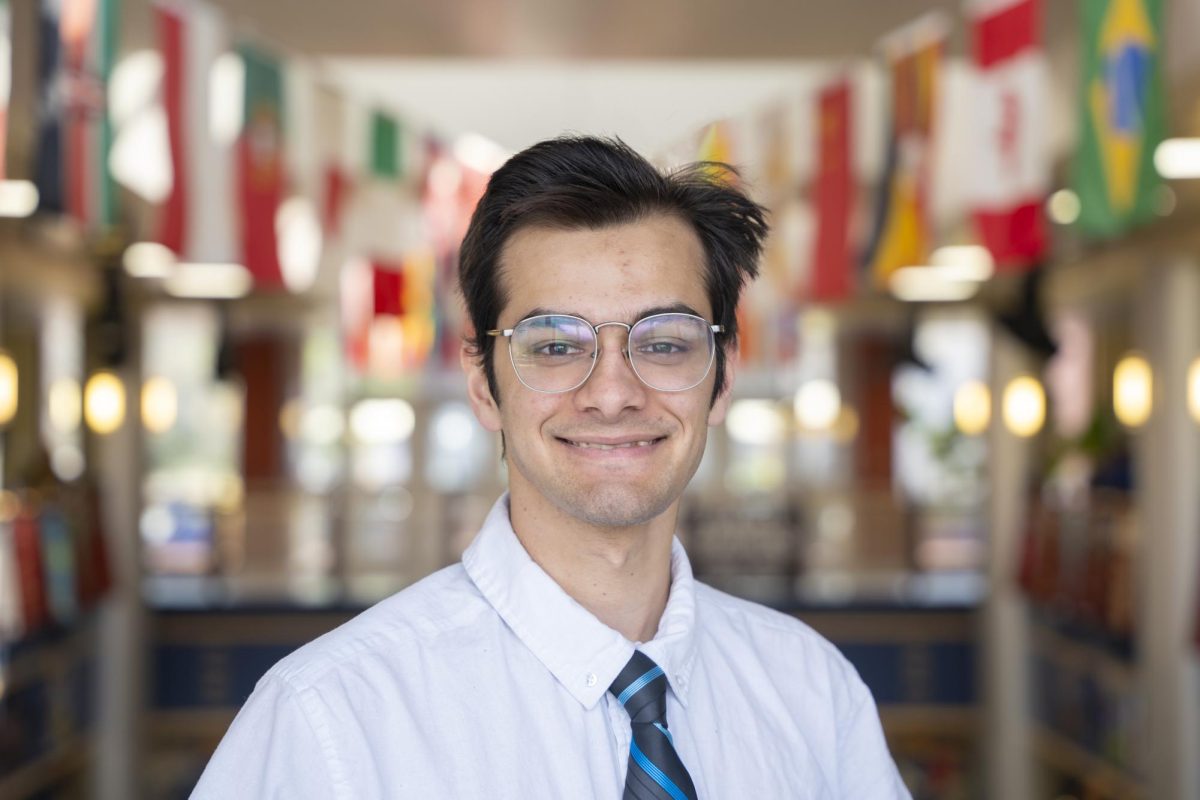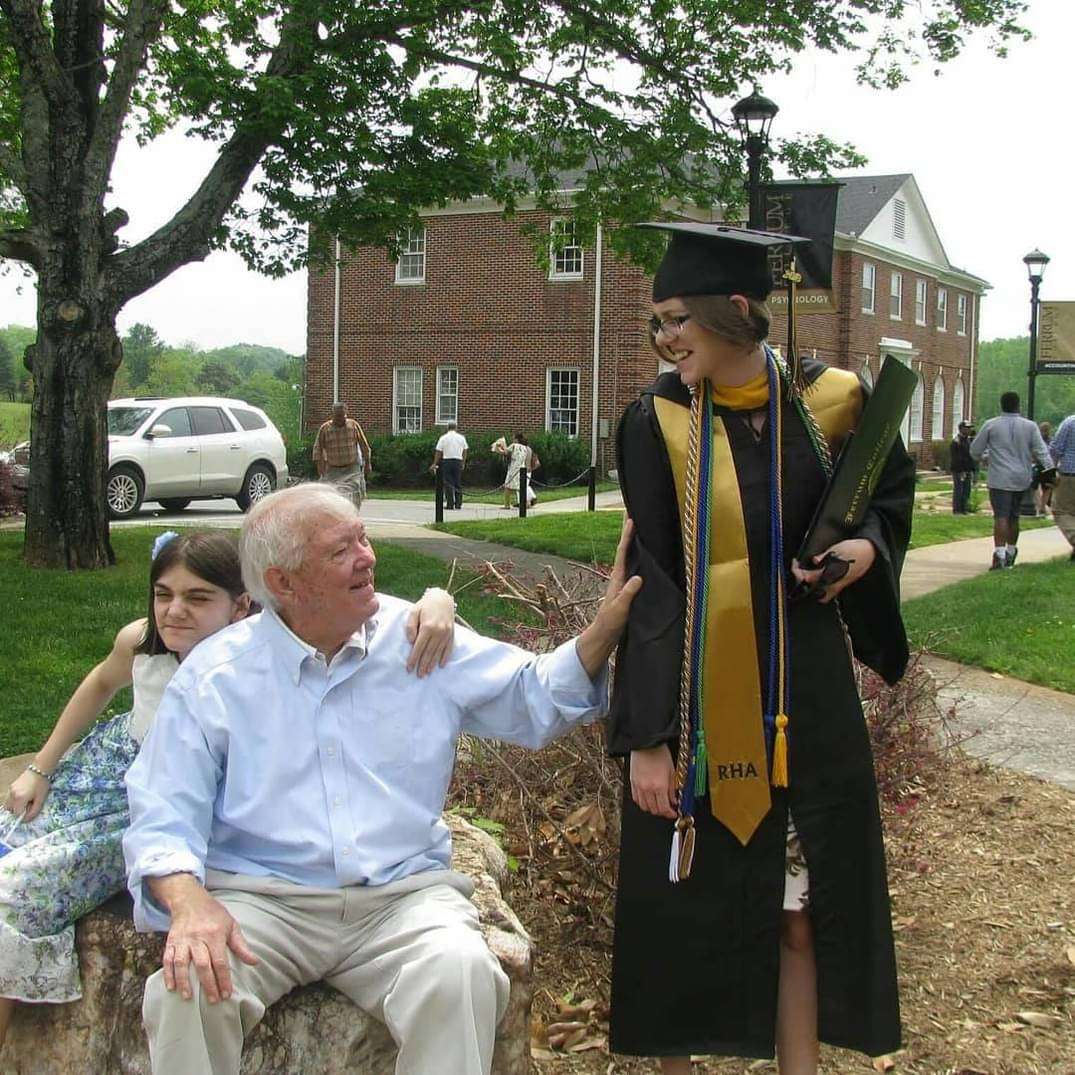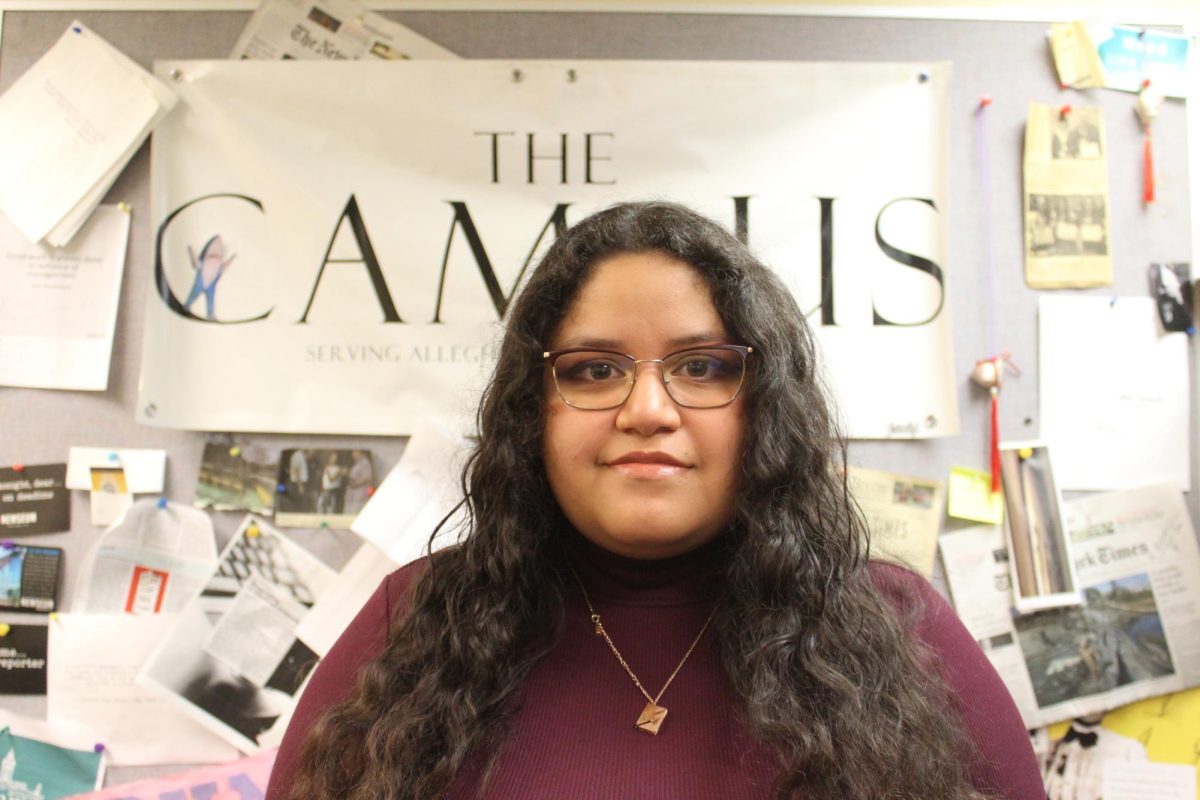Last week, Davis Mallory, an openly gay, former participant of the
Real World, led a discussion in the Campus Center on homosexuality and
religion. One-by-one, people in the room expressed their views on the
subject. One of the last students to speak said something along the
lines of “my parents have always taught me the importance of being
accepting to homosexuals. One of our family friends is a homosexual.
He’s a good friend, and at this point, we don’t talk about him as a
homosexual, but as a man who just happens to be a homosexual.” I was
infuriated when he said this, and I was ready to leave the room. I
wanted to call him out on what he said, but his words just melted into
the discussion. Things continued according to plan, and the discussion
remained dry and temperate.
What did this student mean? What his words suggested is that to be a
homosexual is to be something other than a man, and that we must
differentiate between gays and people “who just happen to be”
homosexual. Why else would he be so deliberate and specific about the
difference? Why would he feel obligated to make an explicit
distinction? These are questions that demand further examination.
What do I mean when I write “implicit homophobia”? I am referring to
the purple triangles around campus, marked “LGBT Friendly,” as if to
suggest that elsewhere this is not the case. Why not put up signs like
“It’s okay to be black or poor”? Because gays deserve “special”
treatment? Doesn’t that constitute discrimination? Coming out of the
closet often warrants a response like “We love you anyways” or “It’s
okay,” as if to suggest that one should not be loved if she/he is gay
or that being gay is not okay. Or the entire concept of “Gay Pride,”
which seems to suggest that if I’m not proud of my sexuality, there’s
something wrong with it. If being gay is something as normal as being
straight, why do we have to be prouder about our sexuality than
heterosexuals?
When it comes to words, things are clearer. On March 3rd, Katie McHugh
wrote “Conflicts at CPAC,” an article in which she infamously wrote
that the “homosexual movement, a liberal sub-faction, proliferates
like melanoma.” I don’t usually read The Campus – one of my friends
brought the article to my attention – but Katie’s words have been
described as “intolerant,” raising more than a few eyebrows.
In 2008, Melissa Muenz wrote an article that described how many of her
colleagues were surprised to know that she was not a lesbian. Melissa
was not offended by their assumptions. In fact, she asked “Why should
I be offended if someone thinks that I’m a lesbian?” After all, what’s
wrong with being gay?
The typical liberal student on campus would automatically respond,
“Nothing.” Yet if someone were to ask him “Are you gay?” he would be
offended. And if it is okay to be gay here at Allegheny, why do so
many of the people I know remain in the closet? If people like Katie
are the ones being accosted for their views, if intolerance towards
homosexuality is no longer acceptable, why are so many students afraid
to be open about their deviant sexuality? I would argue that gays
remain in the closet not because of people like Katie, who openly
attack homosexuals, but because of those who unknowingly propagate
homophobia. Whether it is clear to you or not when this implicit
harassment arises, I would think that the proliferation of implicit
homophobia is what makes gays on campus uncomfortable, even if they
are unaware of it. Katie’s words, as an impetus for debate, are
constructive. Yet when careless, subtle remarks are made, when
intolerance lacks substance, there can be no debate. When gays remain
in the closet and when intolerant views are kept shuttered, discourse
vanishes. Even though liberals and conservatives alike try to promote
tolerance on campus, the words “I am gay” can only be uttered with
apprehension. This fear of nonconformity and shirking from discussion
unveil liberalism as a skin-deep sentiment on campus. I hope that
people like Katie can openly come to terms with their intolerance just
as much as the gay men and women on campus can openly come to terms
with their sexualities.
I write this so that some of my friends may better come to terms with
who they are.






CeeJ • Apr 1, 2010 at 3:28 am
I wouldn’t be so quick to assume the intentions of this boy’s words, as people often are not as articulate with their mouths as their pens. I don’t think his words in any way suggested that to be a homosexual is to be something other than a man, but rather highlight what really needs to happen to continue to eradicate homosexuality. This is to see people not as homosexuals, but people who just happen to be homosexuals. Nobody looks at a straight person and thinks, oh, there’s that straightey, but plenty of people look at a gay person and think, oh, there goes that gay guy or that lesbian. This also includes being introduced as one’s gay friend. To me, this is almost, if not more offensive than if someone called me a fag. To have my sexuality viewed as my defining characteristic is an insult to the many, many, many of the far more facets that make up who I am. Admittedly, I did not go to this program, so he may well have been slamming the gays, but I don’t think he was. Even if he had been, what he said is what needs to happen. The sooner homosexuals are seen as individuals not governed by their sexuality but rather their personality that homophobia will be eradicated further. I have had people tell me here that i am their first gay friend, but i am not seen as the gay friend, I am just CJ, because I’ve shown people that I am more than “that gay guy.”
Matt • Mar 24, 2010 at 3:55 pm
Hey Maya,
I don’t think you were overly critical at all. I just think you and I are in touch with different realities. To me, being gay is as good and normal as eating apple pie or watching TV. So when someone tells me “eating apple pie is immoral,” all I can think to myself is “lol.” Maybe this analogy seems capricious or of marginal relevance, but I think it shows how absurd and obsolete “hate crimes and explicit bigotry” have become (and I do love me some American pie). When I first read Katie’s article, I wasn’t offended – I think I literally laughed out loud. And then, of course, I asked myself, “What is going through her head?” I’m still curious to know (I asked Katie a while ago if she’d be willing to meet up). Explicit homophobia isn’t what offends me – people who inadvertently discriminate in unsavory ways are those whose comments and actions rub me the wrong way.
So I guess what I mean is that I don’t see why signs declaring that “It’s okay to eat your apple pie here” are really necessary – the idea of an “Apple Pie Eating Pride Parade” seems pretty strange to me… Maybe living in Germany and California has rendered this kind of thinking incongruous and anachronistic. In NWPA, evidently, it’s a very different thing. Who knows if I’ll ever get used to that, or ever should. But to me, tolerating homosexuality is de rigueur; our campus seems to agree that intolerance of intolerance is also the norm (as evidenced by the responses to Katie’s article). Although these two principles seem to be in compliance with one another, the former is generating heated debate while the latter is usually accepted as the standard without hesitation (or consideration). It seems as if this twisted liberalism still has a lot of kinks that need to be ironed out…
Maya • Mar 24, 2010 at 7:34 am
Whoah…I need to stop writing long strings of rhetorical questions. I just noticed that.
Maya • Mar 24, 2010 at 7:20 am
Matt, I hope I didn’t come across as being too critical in my last comment. I really do agree with much of what you say, and I am quite familiar with the epidemic of “closetedness” on Allegheny’s campus. The only point that I was trying to make earlier, and that I must reiterate, is that we should be careful to dismiss the power of public symbols in the gay rights movement (or any minority rights movement, for that matter).
Although there is still much progress to be made, gays are coming out of the proverbial closet like never before. And they are largely being met by polite tolerance, nods of indifference, or even heavy applause. In light of this growing public acceptance, and in response to Dale, is the act of “congregating near a purple triangle” really just some sort of “carnival sideshow” to the rest of society?
To put it into perspective, homosexuality’s transformation from a sexual perversion into a social identity is relatively recent in our country (and only truly began with the 1969 Stonewall Riots). While the pride campaign of rainbow flags and marching drag queens risks offering new opportunities for the denigration of gay people, it has also allowed countless individuals to no longer be defensive of aspects of their sexuality.
So why should we allow for homosexuality to blend in with the dominant heterosexuality (or “heteronormativity”) on our campus? Why not post symbols of LGBT pride everywhere? Could these expectations of gay conformity, quiet meekness, and political reservations be a sign, in and of itself, of “implicit homophobia”?
More importantly, will eliminating “LGBT friendly” discourse from the public sphere really make it easier for gay people to come to terms with their sexuality? My answer is no.
Now that I’ve said my peace, Matt, I have to say that the main point of your article is spot on. Merely pasting a purple triangle to our door cannot by itself change the deep-seated homophobia in American culture (or on our campus, for that matter). Ultimately, the most important action a gay person can take to overcome prejudices against sexual identity is by coming out.
Dale from .za • Mar 23, 2010 at 4:10 am
I agree in part with the author – the triangles/rainbow flags/whatever don’t necessarily help. We have a gay-friendly beach here in Cape Town called Clifton Third Beach, and it is pretty much now just regarded as a gay beach and cruising spot with very few women or straight guys anywhere within p1ssing distance. I’m sure this wasn’t the intention when it was declared gay-friendly and the rainbow triangles went up.
Although Maya above makes good points about countering discrimination, I suspect that the bulk of the public by and large would still view anyone congregating near a purple triangle as some sort of carnival sideshow. I have no doubt it would for most people probably more out of curiosity than malice; nevertheless, these things do not make it easier for those who are coming to terms with their sexuality. After all, as they say, the road to Hell is paved with good intentions.
Maya • Mar 22, 2010 at 2:39 pm
Matt, when people post signs around our campus that say, “LGBT friendly,” they are demonstrating an active level of support for a group of people who are blatantly discriminated against. Perhaps you are right, and this does constitute “special treatment,” but it is only to counter the special discrimination that homosexuals face.
According to many Americans, being gay really isn’t “as normal as being straight” and our legal system proves that. For instance, state sodomy laws in the U.S. were only abolished in the 1970s, and twenty-six states have passed irreversible constitutional amendments prohibiting same-sex marriage.
That being said, if we are to achieve full equality in our country, should all things be equal? If there is an African-American heritage month, should there be an Anglo-Saxon heritage month? Does a Gay Pride parade also warrant a White Pride parade, or better yet, a White, Heterosexual Pride parade? Should we just ignore homosexuality, allowing hate crimes and explicit bigotry to seep into the private sphere? Or should we make it clear, especially on Allegheny’s campus, that our community advocates for equality and tolerance.
Just told my parents... • Mar 20, 2010 at 10:42 pm
Moving and thought-provoking.